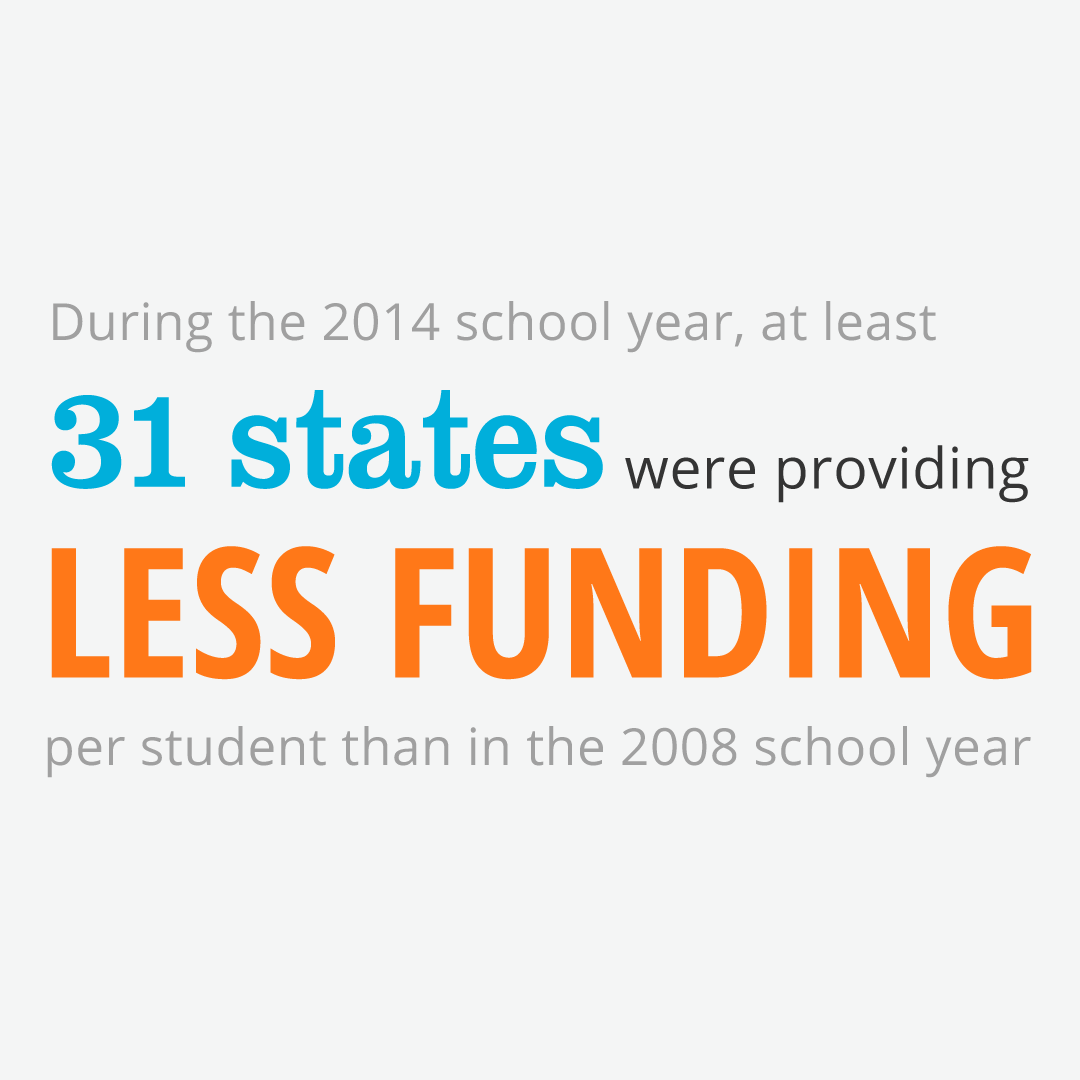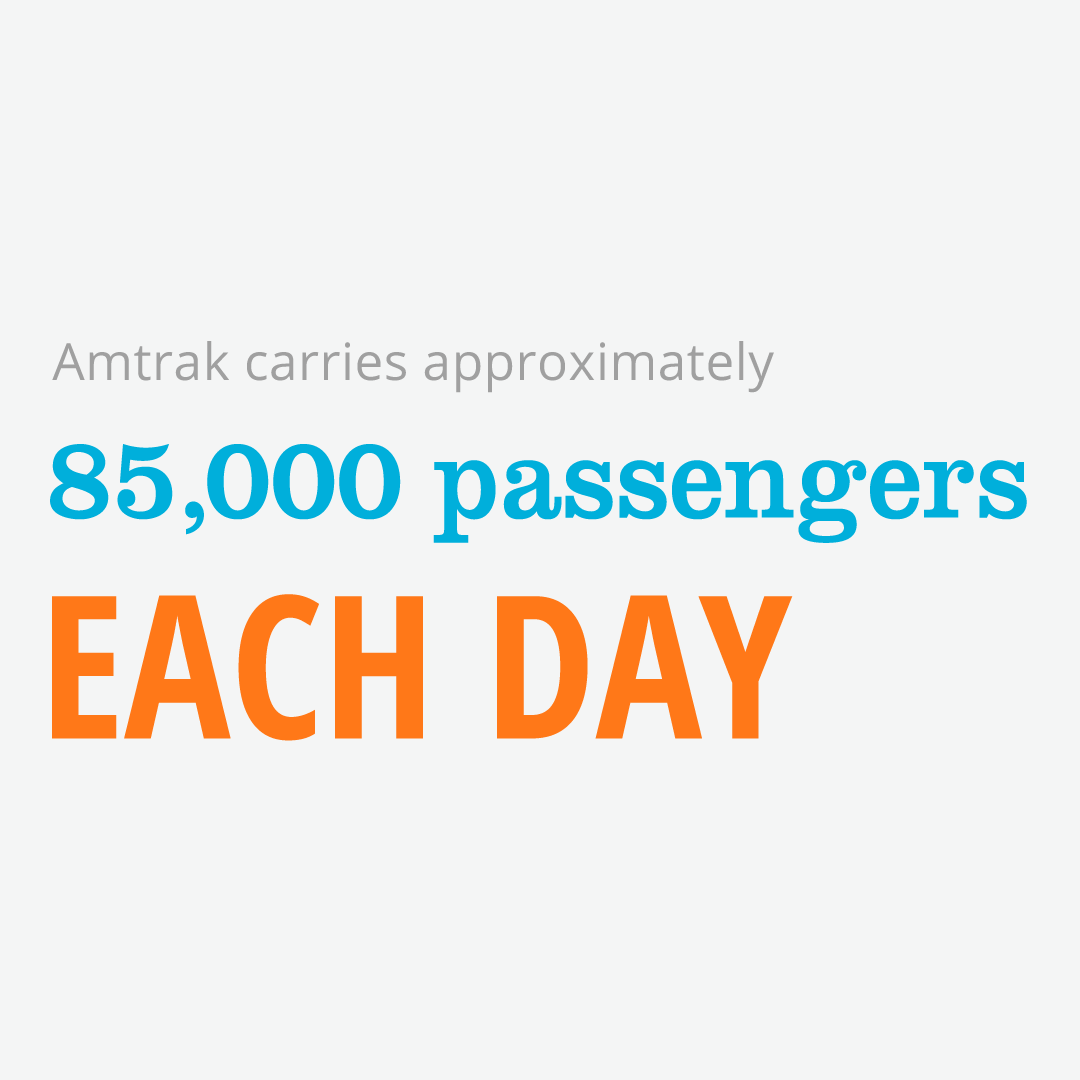ASCE Supports Minnesota Infrastructure Investment
On Wednesday, January 21st, ASCE Members Hannah Albertus-Benham and Meredith Lis Marcott testified to the Capital Investment Committee of Minnesota’s State Senate. In their remarks – which you can watch here [starting at 1 hour, 33 minutes] – Albertus-Benham used Minnesota’s 2022 Report Card for Minnesota’s Infrastructure as a jumping-off point to highlight improvements in recent years and emphasize the importance of more robust capital investment across several infrastructure categories to keep up the momentum. Hannah led that previous report card effort, which assigned an overall C grade, and she is recruiting now for the team to update that report.
“Our Minnesota membership base is 1,400 members who live and work in your communities,” began Albertus-Benham. This was the second year that Hannah testified to this committee. “We’re here – again – sounding the alarm that the time for infrastructure is now. It was ‘now’ last year, and it’s now again.” Hannah continued, cautioning the state lawmakers about last session’s failed measure to expand bonding authority for infrastructure. “With the traction we lost last session, we would like to stress the importance of prioritizing the systems Minnesotans rely upon.”
Meredith Lis Marcott summarized the scrappy yet rigorous nuts and bolts of ASCE advocacy. “ASCE’s report card is prepared by volunteer committees and each state’s section works over 12-15 months to write the report.” Meredith concluded the duo’s presentation by noting that only limited investments have been made recently in energy, water, environment, parks, and trails – though there is promise in the newly assembling Minnesota Advisory Council on Infrastructure. A dozen slides with more info flashed forward during their presentation of key points.
ASCE State Report Cards Promote Infrastructure Improvements
Every four years since 1998, ASCE’s Report Card on America’s Infrastructure has assessed the nation’s performance of our interconnected infrastructure systems. Since 2004, ASCE has released report cards for state infrastructure, applying the same methodology to evaluations of the systems in state and local contexts.
Civil engineers and other infrastructure professionals work on volunteer committees for both state and national report cards. ASCE staff support these volunteers in a 12-18 month process with professional development trainings, networking, and continuing education credits. ASCE welcomes any questions about the report card program and invites all infrastructure professionals to volunteer. Send us an email!
Each report card committee utilizes public data to produce a rigorous yet accessible document. Letter grades are assigned after considering not only the condition, but the funding, future needs, and resilience of each system – among other criteria. Each state report card features recommendations to raise the grades at state and local levels, along with the private sector.
One notable achievement of ASCE’s state report card program came with the 2022 Report Card for Alabama’s Infrastructure. That report gave dams in the state a conspicuous “?” grade. At the time, Alabama was the only state that did not have a state dam safety program, which complicated the committee’s ability to properly assess the condition of the state’s dams. More importantly, though, lacking this data and funding for improvements put lives and businesses at risk as they were in the dark about the condition of these structures that are meant to keep their towns safe, and lacked the necessary funds to assess and improve the dams. However, in 2023 and 2024, Alabama took legislative action to create an opt-in dam safety program allowing for inspection and monitoring of state- and privately-owned dams. These initiatives move the state closer to eligibility for federal grants to improve infrastructure that protects life and property. ASCE members in Alabama had worked over many years for that advocacy win, and their report card was a key step toward safer infrastructure policy.

























































